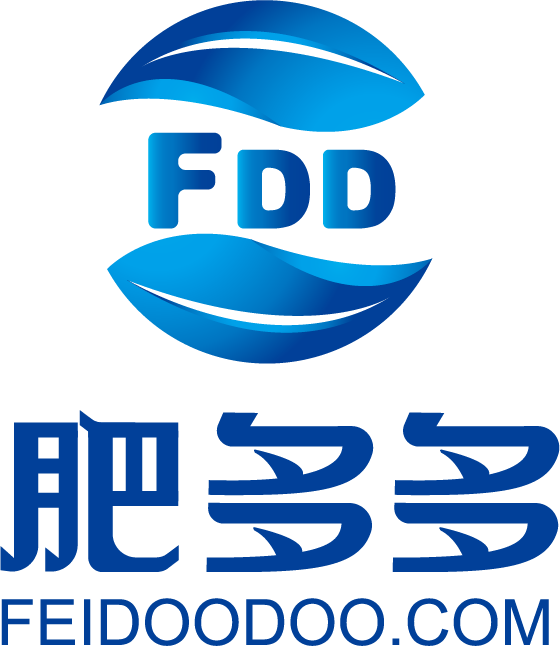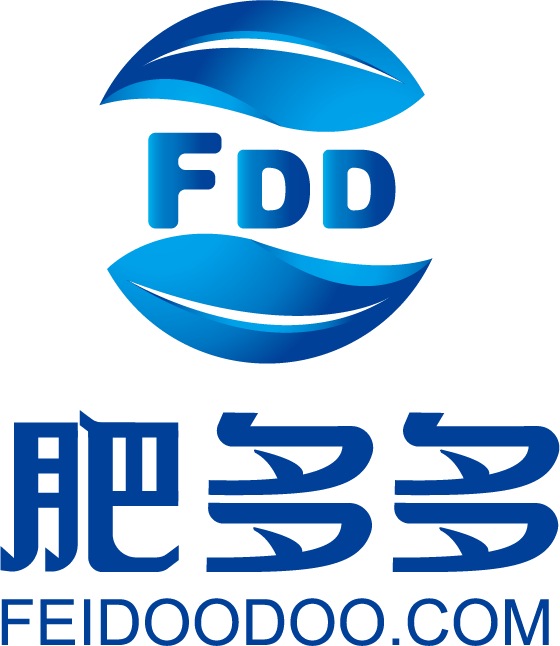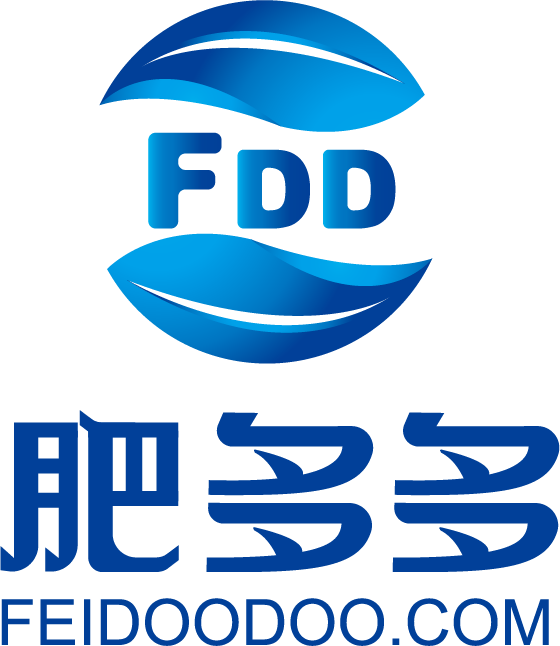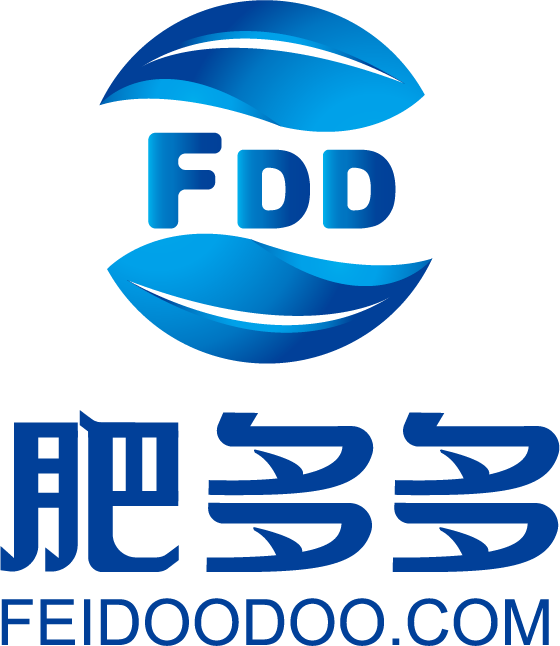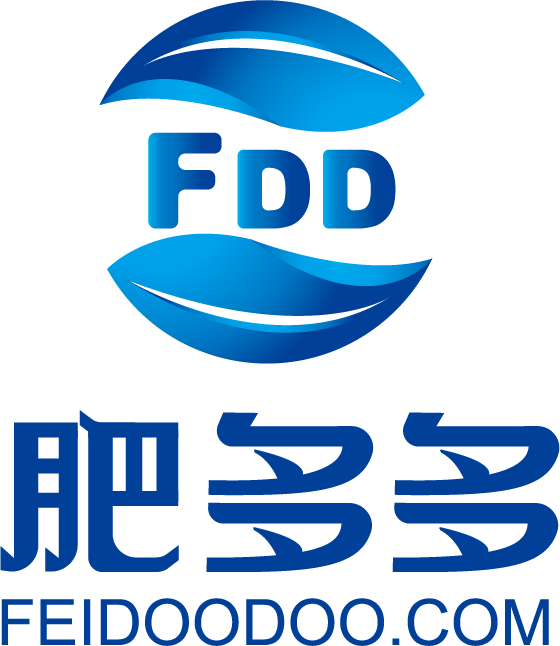China tightens urea exports, South Korea's transportation and energy industries are in chaos
June 12, 2024, 9:21 AM
international News
1443
China tightens urea exports, South Korea's transportation and energy industries are in chaos.
South Korea sent a military aerial tanker to Australia this week to carry back 27,000 liters of urea solution. The severe shortage of urea has posed a threat to commercial transportation and industrial activities; the urea solution is used in diesel vehicles and factory operations to reduce emissions.
According to industry experts, the government stipulates that diesel vehicles must use this additive. There are approximately 2 million diesel vehicles in South Korea, mainly cargo trucks.
After the main supplier China tightened exports last month in order to cope with the domestic market, South Korean diesel drivers began to rush to buy urea. South Korea's Ministry of Industry, from January to September, nearly 97% of South Korea's urea imports came from China.
Lee Byung-ki, a 63-year-old truck driver, told Reuters, “I drove about 70 kilometers to a gas station just to help my truck buy the urea solution. When I came to me, I had no choice but to return." He also said that if he couldn't buy some urea, he would not be able to continue working from Wednesday.
An executive at a major oil refinery said that a shortage of urea could result in the suspension of trucks carrying gasoline and other fuels.
"If the gas station cannot receive a sufficient amount of fuel, it may lead to an increase in logistics costs in almost all industries, which may eventually burden consumers, and the prices of general consumer goods may rise."
However, the shortage of urea may have a greater impact on South Korea’s industrial sector, and the industrial sector is also required to use urea to reduce pollution, otherwise it will have to stop production.
According to the Ministry of Environment, of the 835,000 tons of urea imported in 2020, 34.7% will be used for industrial purposes, 9.8% will be used for automobiles, and the rest will be used to make agricultural fertilizers.
A major urea supplier in South Korea said that since mid-October, it has been unable to import urea raw materials from China, which has led to a decline in the operating rate of its urea solution production line in South Korea.
A source from the manufacturing industry told Reuters that the industrial urea inventory that keeps the factory running is already at a low level.
"In order to alleviate the shortage of urea in factories, what we can do is to ask the government to relax these environmental protection regulations in order to tide over the difficulties."
Car manufacturers worry
Lee Hang-koo, executive consultant of the Korea Automotive Technology Research Institute, said that if the urea shortage continues, the automotive industry, which is already facing semiconductor shortages and rising raw material prices, will find it difficult to obtain parts from suppliers.
"This may prevent Korean automakers from producing cars as planned in their factories abroad, because their auto parts suppliers will not be able to ship their parts to export ports to transport their products," he said.
South Korean President Moon Jae-in tried to calm the public’s fears on Tuesday. He said at a cabinet meeting that there was no need to “excessively worry” and aid was coming.
The South Korean government has released public sector urea stocks to areas that are in urgent need and said it will temporarily release military stocks.
South Korean Defense Minister Xu Xu said at a meeting of the National Assembly Committee on Tuesday that the military plans to distribute about half of its 445-ton vehicle urea solution stock to the public as loans.
South Korea obtained 200 tons of urea from Vietnam this week and is negotiating with other countries to obtain up to 10,000 tons of urea, enough to produce about 30,000 tons of diesel exhaust gas treatment fluid. The Ministry of Defence said on Tuesday that the first supplies from Australia have been in place.
In 2015, South Korea mandated that diesel vehicles use urea solution to control emissions, and now 40% of registered vehicles are affected.
Diesel vehicles produced since 2015 must be equipped with a so-called selective catalytic reduction (SCR) system, which requires injection of a urea solution to help remove nitrogen oxides (NOx) from diesel exhaust that causes air pollution.
According to local media reports, if there is no urea solution, passenger cars cannot start and trucks can only travel at 20 km/h (12 mph), forcing some desperate drivers to try to manipulate their vehicles or use urea simulators. Cheating the SCR system.
According to industry experts, the government stipulates that diesel vehicles must use this additive. There are approximately 2 million diesel vehicles in South Korea, mainly cargo trucks.
After the main supplier China tightened exports last month in order to cope with the domestic market, South Korean diesel drivers began to rush to buy urea. South Korea's Ministry of Industry, from January to September, nearly 97% of South Korea's urea imports came from China.
Lee Byung-ki, a 63-year-old truck driver, told Reuters, “I drove about 70 kilometers to a gas station just to help my truck buy the urea solution. When I came to me, I had no choice but to return." He also said that if he couldn't buy some urea, he would not be able to continue working from Wednesday.
An executive at a major oil refinery said that a shortage of urea could result in the suspension of trucks carrying gasoline and other fuels.
"If the gas station cannot receive a sufficient amount of fuel, it may lead to an increase in logistics costs in almost all industries, which may eventually burden consumers, and the prices of general consumer goods may rise."
However, the shortage of urea may have a greater impact on South Korea’s industrial sector, and the industrial sector is also required to use urea to reduce pollution, otherwise it will have to stop production.
According to the Ministry of Environment, of the 835,000 tons of urea imported in 2020, 34.7% will be used for industrial purposes, 9.8% will be used for automobiles, and the rest will be used to make agricultural fertilizers.
A major urea supplier in South Korea said that since mid-October, it has been unable to import urea raw materials from China, which has led to a decline in the operating rate of its urea solution production line in South Korea.
A source from the manufacturing industry told Reuters that the industrial urea inventory that keeps the factory running is already at a low level.
"In order to alleviate the shortage of urea in factories, what we can do is to ask the government to relax these environmental protection regulations in order to tide over the difficulties."
Car manufacturers worry
Lee Hang-koo, executive consultant of the Korea Automotive Technology Research Institute, said that if the urea shortage continues, the automotive industry, which is already facing semiconductor shortages and rising raw material prices, will find it difficult to obtain parts from suppliers.
"This may prevent Korean automakers from producing cars as planned in their factories abroad, because their auto parts suppliers will not be able to ship their parts to export ports to transport their products," he said.
South Korean President Moon Jae-in tried to calm the public’s fears on Tuesday. He said at a cabinet meeting that there was no need to “excessively worry” and aid was coming.
The South Korean government has released public sector urea stocks to areas that are in urgent need and said it will temporarily release military stocks.
South Korean Defense Minister Xu Xu said at a meeting of the National Assembly Committee on Tuesday that the military plans to distribute about half of its 445-ton vehicle urea solution stock to the public as loans.
South Korea obtained 200 tons of urea from Vietnam this week and is negotiating with other countries to obtain up to 10,000 tons of urea, enough to produce about 30,000 tons of diesel exhaust gas treatment fluid. The Ministry of Defence said on Tuesday that the first supplies from Australia have been in place.
In 2015, South Korea mandated that diesel vehicles use urea solution to control emissions, and now 40% of registered vehicles are affected.
Diesel vehicles produced since 2015 must be equipped with a so-called selective catalytic reduction (SCR) system, which requires injection of a urea solution to help remove nitrogen oxides (NOx) from diesel exhaust that causes air pollution.
According to local media reports, if there is no urea solution, passenger cars cannot start and trucks can only travel at 20 km/h (12 mph), forcing some desperate drivers to try to manipulate their vehicles or use urea simulators. Cheating the SCR system.
Recommended for you
- International Fertilizer Market - Potash Giants Report First Quarter: Signs of Recovery in Potash Demand! Meanwhile, Russian Fertilizer Exports to the US Reach Annual High2647
- Phosphate Fertilizer Weekly Report: Supported by Pending Orders and Costs, Firm Prices2327
- Urea Weekly Review: Cautious Buying and Slow Follow-Up, Prices Hold Steady2438
- Urea Daily Review: Weakened Supply-Demand Support, Enterprises Lower Prices to Attract Orders2467
- Phosphate Fertilizer Daily Review: Pending Orders Support Prices, Stability in the Short Term2373
June 12, 2024, 9:21 AM

